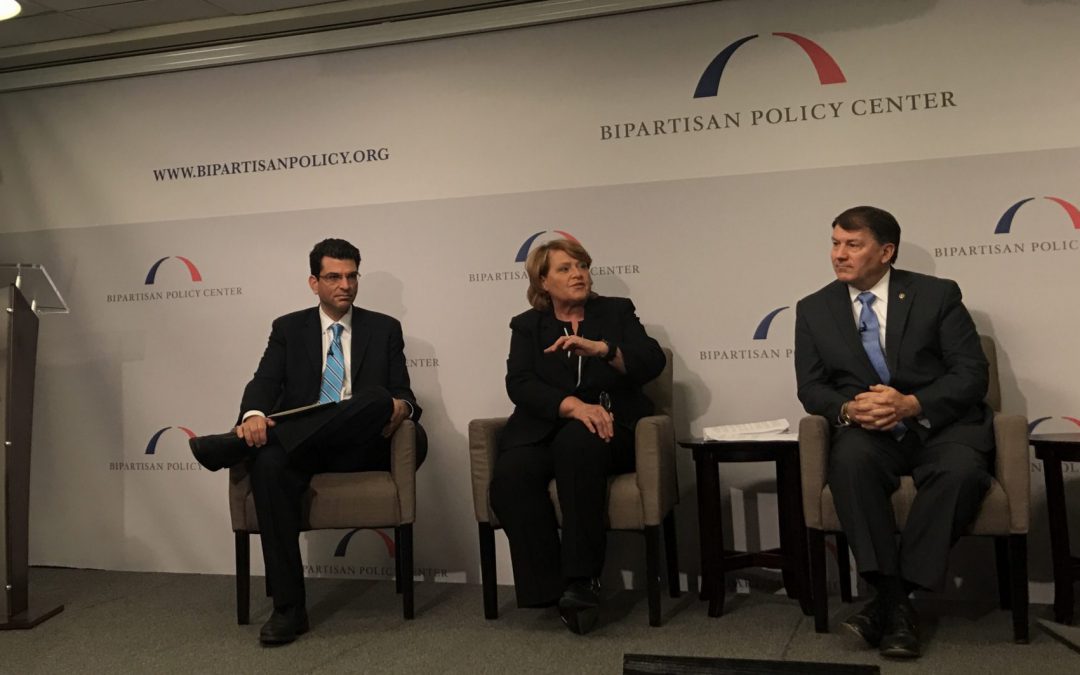WASHINGTON – Americans living in rural areas may be forced to leave because of inadequate access to health care, North Dakota Sen. Heidkamp said Wednesday at the rollout of a new study that recommended telemedicine and doctor training programs to increase access to care.
The Bipartisan Policy Center’s survey said rural residents are “disenfranchised” in the debate about their communities’ health care.
“These rural citizens want to stay where their church, where their community is. Without great health care, we force them to relocate them to places without that same comfort level,” Heitkamp, a Democrat, said.
Heitkamp and Sen. Mike Rounds, R-S.D., said small changes in policy won’t fix rural areas’ critical deficiencies in funding, resources and providers.
“We need a systemic overhaul that understands the unique needs of small rural communities. One size does not fit all,” Heitkamp said.
The Center surveyed communities in Iowa, Minnesota, Montana, Nebraska, North Dakota, South Dakota and Wyoming. The “rural” demographic composes 15 percent of the population, but covers 72 percent of the nation’s land, the report said.
Heitkamp said the inherent problems in rural communities — limited patient pools, geographic isolation and small local economies — are made worse by the federal government’s disregard for rural issues.
“Rural issues aren’t so much partisan as they are about attention. States are jumping up and down saying ‘look at us, look at us!’” she said.
The Center recommended four priority areas in rural medicine: tailoring health centers to meet unique community needs, improving funding mechanisms, supporting medical education to expand the rural physician workforce and implementing telemedicine technology.
Rounds said the rollout of telemedicine technology, which connects physician to a greater peer network and provides remote access to specialists, should be a priority. He said broadband internet expansion in rural areas would facilitate better health care.
“If you can watch your favorite college team on TV or on your laptop, you ought to be able to provide professionals and institutions with online tools to help people in rural areas,” Rounds said.
John Dunn, a director of the Nebraska Methodist Health System, said strong leadership within rural communities can prove more valuable than policy-makers who think health care reform is a “one-way street.”
“Many times the innovation is coming from within these rural environments, and can happen in a half-hour meeting instead of taking months in a series of committee meetings,” Dunn said.


